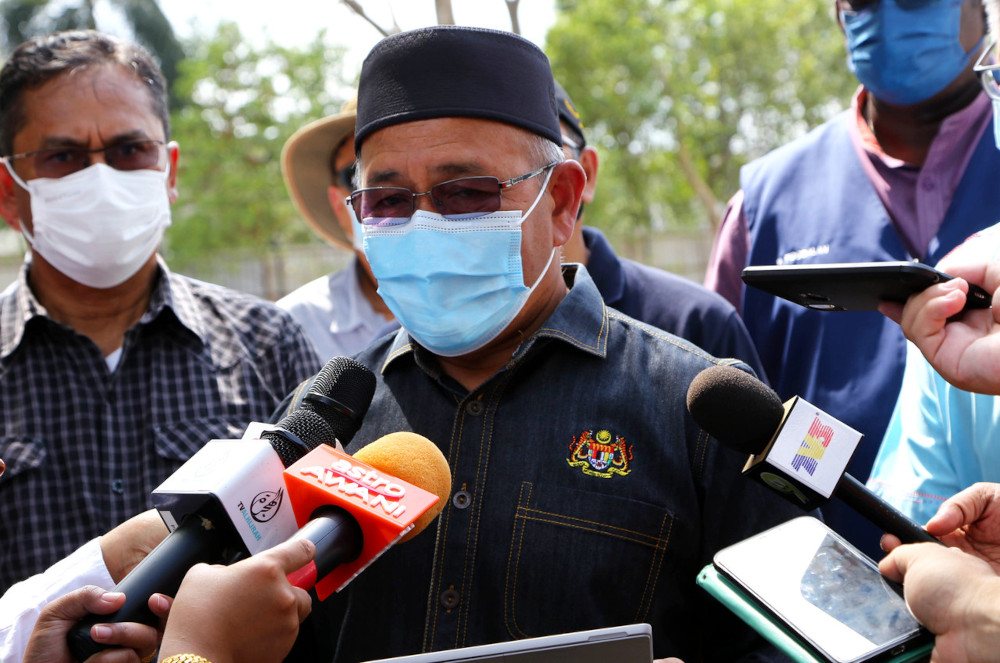KUALA LUMPUR, Oct 30 — The government has decided that locally produced items must no longer use names or brands that can trigger negative racial or religious reactions from society, said PAS’ deputy president Datuk Seri Tuan Ibrahim Tuan Man.
The Environment and Water Minister said the decision was recently made by the Cabinet following the debacle over the “Timah” whiskey brand.
“We called the company that produced the alcohol and we stated our objections and the Cabinet then decided that it will no longer allow the production of any product that can trigger the anxiety of the rakyat, including in the context of race and religion.
“So this is a policy as a result of what we did and what we objected against,” he said when speaking at the PAS Youth Muktamar in Port Dickson earlier today that was streamed live on Facebook.
Additionally, Tuan Ibrahim mentioned how issues concerning religions, when discussed in Cabinet, are normally referred to PAS ministers.
“Whatever issues that concern the religion they will direct it to us, and this includes the issue of Timah, if it was about gold it would be good, but that is why today I want to relay some good news,” he said before revealing the Cabinet’s decision.
Timah, an award-winning Malaysian-made whiskey, has a 40 per cent alcohol content and is sold at RM190 per bottle.
Since the liquor company came under fire, it had previously offered an explanation saying that the local word “Timah” means tin and refers to the tin mining era during the British colonial days of Malaya, while the man depicted on the whiskey label was Captain Speedy who was one of the men who introduced whiskey culture back then.
The company had said it was due to this history that the name “Timah” was used and that the word’s use was not intended to stir any controversy.
The company had said that the “Timah” whiskey is meant to be enjoyed by non-Muslims who are above the legal age for purchasing alcohol.
On Thursday, Domestic Trade and Consumer Affairs Minister Datuk Seri Alexander Nanta Linggi said the company producing the liquor had agreed to consider changing both the name and image of its alcohol product that had triggered the controversy.



















